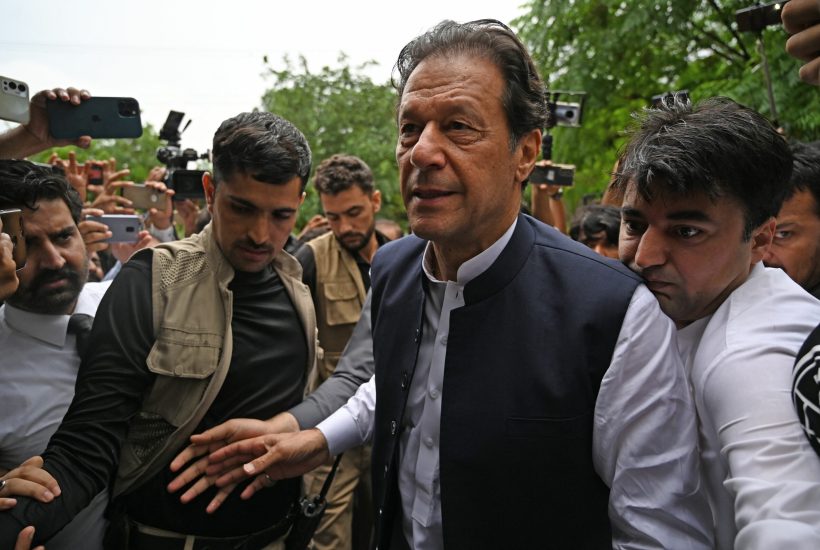On Tuesday I speculated that Pakistan’s former Prime Minister Imran Khan, now the opposition leader, was so popular that he might have to be shot by his enemies to prevent him from coming back to power. This was not a throwaway statement. After Sri Lanka and Lebanon, whose political murder rate since the second world war has been off the charts, Pakistan with 44 political murders comes a clear third, not including the peripheral hundreds if not thousands who have died in bombings.
Already a subscriber? Log in
Subscribe for just $2 a week
Try a month of The Spectator Australia absolutely free and without commitment. Not only that but – if you choose to continue – you’ll pay just $2 a week for your first year.
- Unlimited access to spectator.com.au and app
- The weekly edition on the Spectator Australia app
- Spectator podcasts and newsletters
- Full access to spectator.co.uk
Or




















Comments
Don't miss out
Join the conversation with other Spectator Australia readers. Subscribe to leave a comment.
SUBSCRIBEAlready a subscriber? Log in